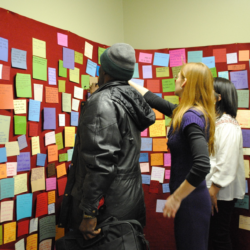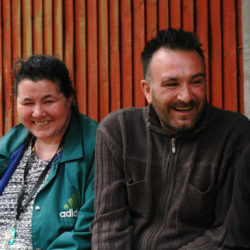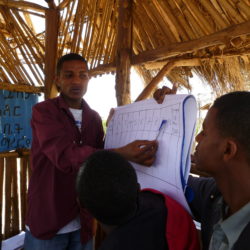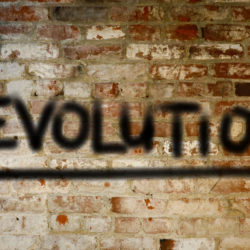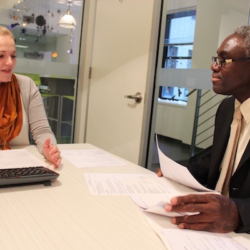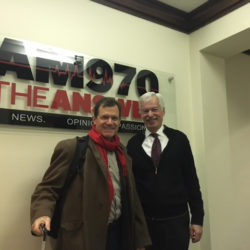‘Speak Up Week’ – how to get clients interested in giving feedback
Our House in Little Rock, Arkansas provides housing, children’s programs, career and homelessness-prevention services. And a master class in how to get your staff and your clients enthused about collecting feedback. Joy Ritchey, Grants Manger for Our House, which serves more than 1800 people a year, explained that they have a history and culture of[…]

